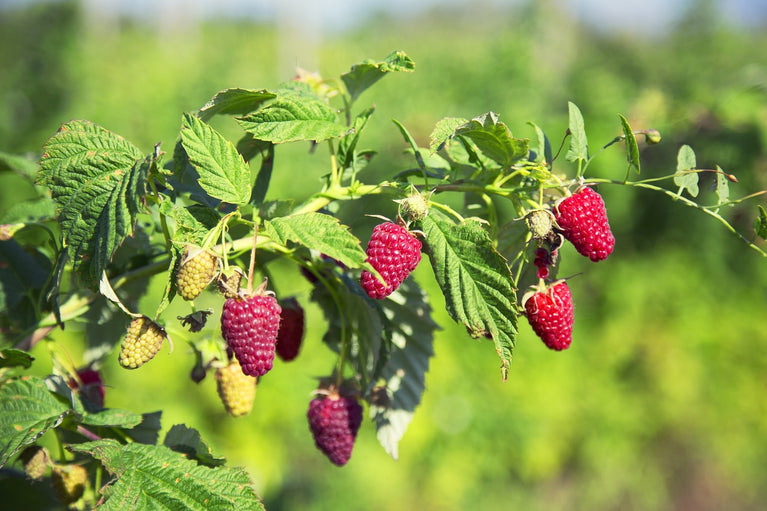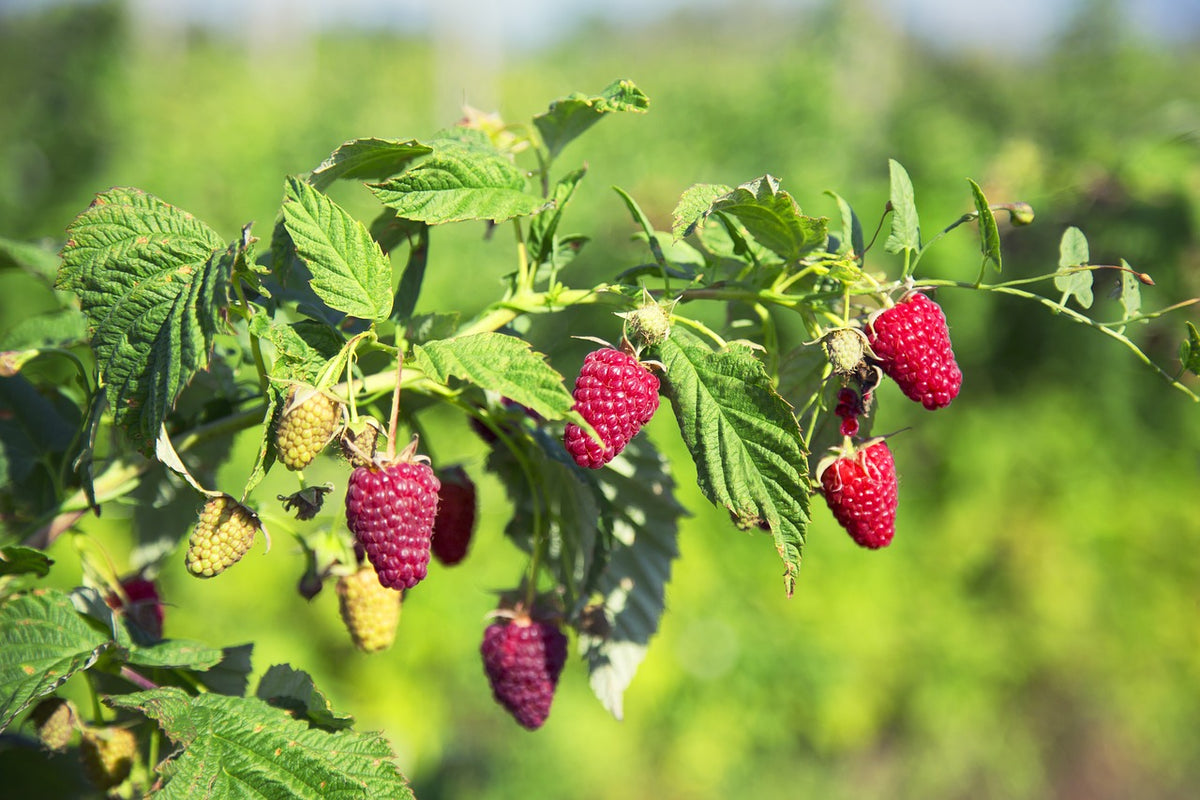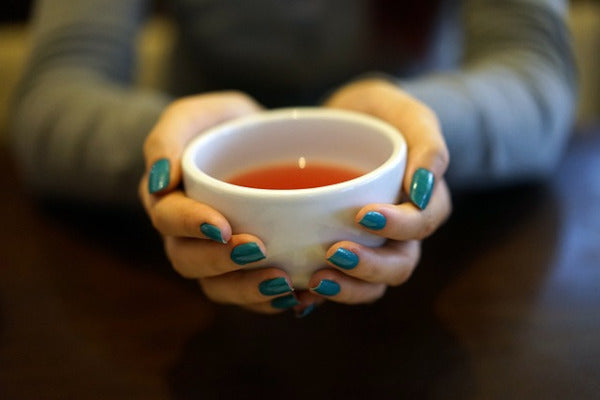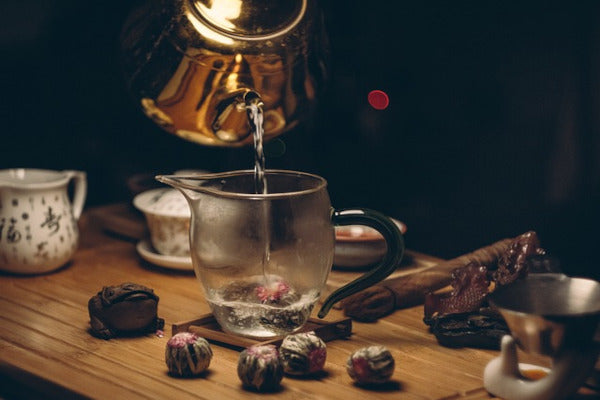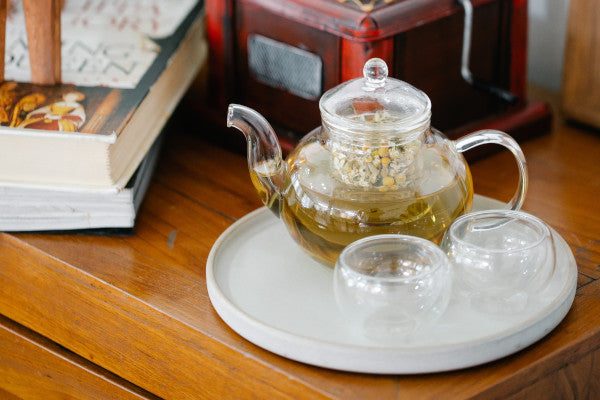The raspberry is a fruit that comes from the raspberry plant, and its history dates back thousands of years. It is known that the Paleolithic people consumed this fruit, and even during the time of Christ, when it was harvested in ancient Troy. This fruit is native to North America, but also grows in Northern Europe. In this article, we bring you 5 easy ways to make raspberry leaf tea taste better.
You may know this fruit for its rich flavor and distinctive color, but it's not the only thing it offers these benefits. For example, its leaves are used to make tea for therapeutic and potential purposes, and also to treat wounds, colic, and diarrhea.
At Tetique, we offer a wide variety of fruit infusions , all rich in nutrients and beneficial for your health. Our selection includes options such as forest fruit tea, tropical fruit tea, apple tea, and many more.
We're also proud to supply tea to businesses in the restaurant and hospitality sector. If you're looking for fresh and healthy options for your menu, our fruit teas are an excellent choice. All of our teas are made with high-quality ingredients, and we're committed to providing the best service and customer service.
Contact us today to learn more about our fruit tea options and how we can help enhance your menu. At Tetique, we're delighted to be your trusted tea supplier.
1. How do you prepare raspberry leaf tea?
Raspberry leaf tea has the ability to restore all feminine functions. For example, the plant's leaves contain vitamin C, which is very good as an oxygenator. Its vitamins and minerals help purify the kidneys and liver. Raspberry tea also regulates the menstrual cycle and reduces associated symptoms.

To know how to make raspberry leaf tea taste good, you need to learn how to prepare it. To do this, you'll need a pot, water, raspberry leaves, and a strainer or sieve. Once you have everything you need, add the water to the pot and heat it until it boils. While you're waiting, pick the raspberries and remove the leaves, as they are where their flavor and aroma are most concentrated.
When the water comes to a boil, turn it off and add the raspberries. Remove from heat and let it steep for about 5 minutes. Once it's finished steeping, strain it into a cup or teapot using a sieve or strainer. Once strained, you can sweeten it with honey, sugar, or other sweetener. Buying raspberry tea is ideal because you can drink it cold or hot, depending on the time of year. Either way, you won't lose its flavor or aroma.
It's important not to drink it early in pregnancy because it can cause uterine contractions. It's best to consult a specialist; if approved, the recommended amount is one cup a day.
2. What herbs are useful for speeding up labor?
It's important to know if raspberry leaf tea is safe during pregnancy . There are other herbs that are beneficial during pregnancy.
- Lavender oil is an excellent soothing and anti-inflammatory that helps with healing after childbirth. You can add 4 to 5 drops of lavender oil to your bath water. For women suffering from mastitis, add 3 to 4 drops to warm water and apply it as a compress with a washcloth.
- Calendula. It's very nourishing and helps with skin healing after childbirth. If you combine it with St. John's wort, you can use it as a lotion to cleanse stitches and tears from childbirth. You can also use it with the macerated oil and apply it to your skin during pregnancy; it helps prevent stretch marks.
- Raspberry leaf. Conditions the body for childbirth. Raspberry leaves should be consumed as an infusion during the last trimester of pregnancy. After delivery, you can continue drinking it for three more weeks; this will help contract the muscles and increase milk flow.
- Jasmine. Jasmine's properties can be used during labor to relax and provide a sense of calm and security.
3. When should I start taking raspberry leaves?

To learn how to make raspberry leaf tea taste good, keep in mind that postpartum, these leaves help the uterus return to its original size and reduce bleeding. Because it has uterine tonic properties, it's recommended to consume it before week 37. Then, in subsequent weeks, increase the amount by one. For example, at week 37 it will be one cup, at week 38, two cups, and so on.
The same will happen in the postpartum week, but in reverse. You'll start with 4 cups and gradually reduce them as your body recovers. More research is still needed on the effects of this tea, but there are studies that confirm it's very effective.
4. What does raspberry tea contain?
Raspberry leaves contain a number of health-promoting compounds, including natural antioxidants such as flavonoids, ellagic acid, and tannins. In addition, tea made from these leaves has anti-inflammatory, diuretic, antibacterial, and relaxing effects.
In a study conducted by the Royal College of Midwives in the United Kingdom, they determined how to make raspberry leaf tea taste good. Raspberry leaves are rich in vitamins A, B, C, and E. They also contain iron, magnesium, calcium, and manganese. Magnesium strengthens the uterus and helps restore muscle tone.
5. How do you make a raspberry leaf infusion?
The benefits of raspberry tea are numerous, however, the elements contained in raspberry leaves promote contractions, so raspberry leaf infusion should only be prepared for labor when those contractions are needed. Obstetricians recommend waiting until the 37th week of pregnancy. These leaves are also used early in pregnancy because they relieve morning sickness. If you decide to consume them, your doctor will determine the dosage.
Raspberry tea can be found in pharmacies, online stores, or herbalists. To prepare the tea, do the following: add hot water and a teaspoon of raspberry leaves to a cup. Let it steep for about 5 minutes. You can also mix raspberry tea with other teas or herbs , but use equal amounts. If the taste of the tea isn't to your liking, but you still want to benefit from its properties, opt for raspberry leaf capsules.
